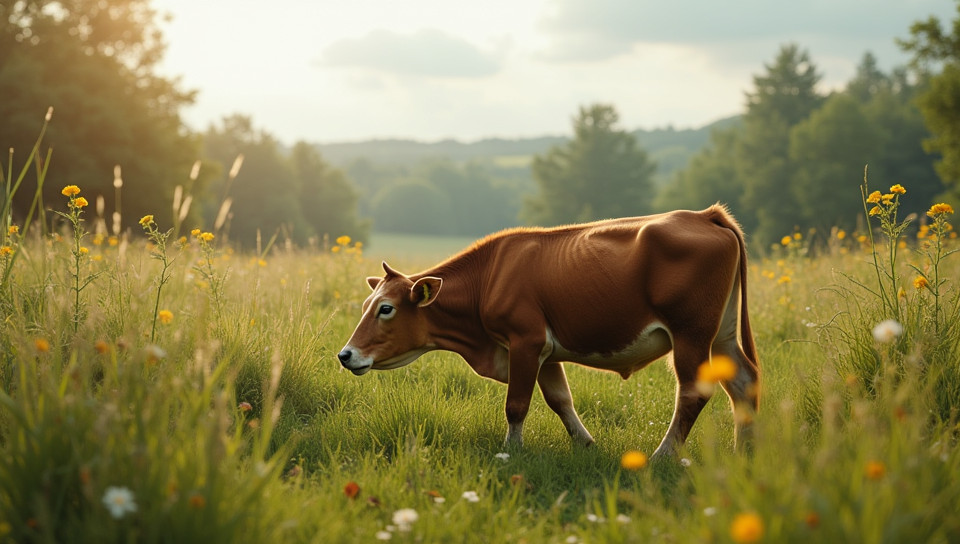Reducing animal agriculture has environmental benefits 81%

The Impact of Animal Agriculture on Our Planet
Animal agriculture is one of the leading causes of greenhouse gas emissions, deforestation, and water pollution worldwide. The production of meat, dairy, and eggs for human consumption requires massive amounts of land, feed, and water, resulting in significant environmental degradation.
The Environmental Cost of Animal Agriculture
The effects of animal agriculture on the environment are far-reaching and devastating. Here are just a few examples:
- Greenhouse gas emissions from livestock farming contribute to climate change
- Deforestation and habitat destruction result from clearing land for grazing and feed crops
- Water pollution occurs through manure runoff and fertilizers used in crop production
- Soil degradation and erosion occur due to intensive farming practices
The Benefits of Reducing Animal Agriculture
While it may seem daunting, reducing animal agriculture can have numerous benefits for the environment. Some of these benefits include:
Greenhouse Gas Emissions Reductions
Animal agriculture is responsible for around 14.5% of global greenhouse gas emissions, which is more than the entire transportation sector. By reducing meat consumption and promoting plant-based diets, we can significantly reduce our carbon footprint.
Sustainable Food Systems
Reducing animal agriculture also promotes sustainable food systems by:
Encouraging Regenerative Agriculture
Regenerative agriculture involves practices that improve soil health, biodiversity, and ecosystem services. This approach to farming not only reduces greenhouse gas emissions but also improves crop yields and enhances water quality.
Supporting Local and Organic Farming
Local and organic farming promote more sustainable agricultural practices, reduce transportation emissions, and support rural communities.
Conclusion
Reducing animal agriculture is crucial for mitigating the environmental impacts of food production. By making conscious choices about our diet and supporting sustainable food systems, we can contribute to a healthier planet for future generations. The benefits are clear: reduced greenhouse gas emissions, preserved natural habitats, and improved air and water quality. Let us make a commitment to reducing animal agriculture and promoting more sustainable food systems today.
- Created by: Benjamin Kelly
- Created at: Jan. 27, 2025, 11:50 a.m.
- ID: 19151

